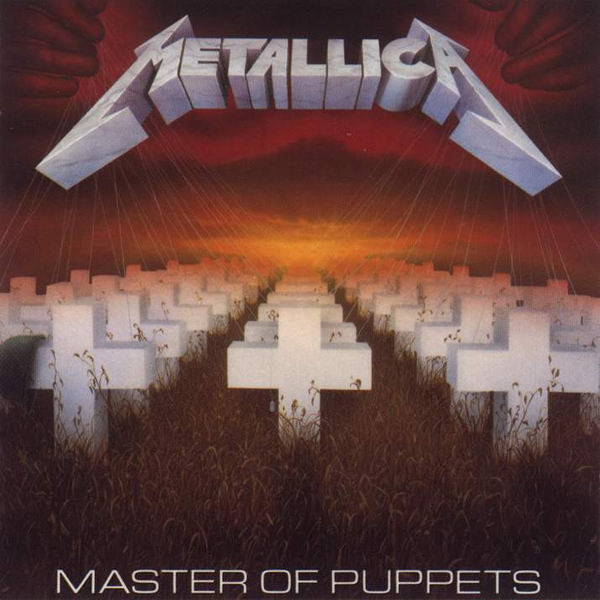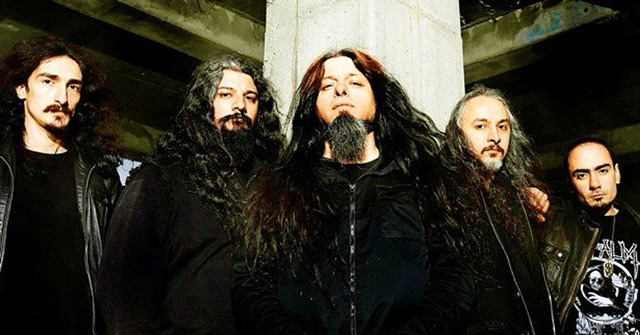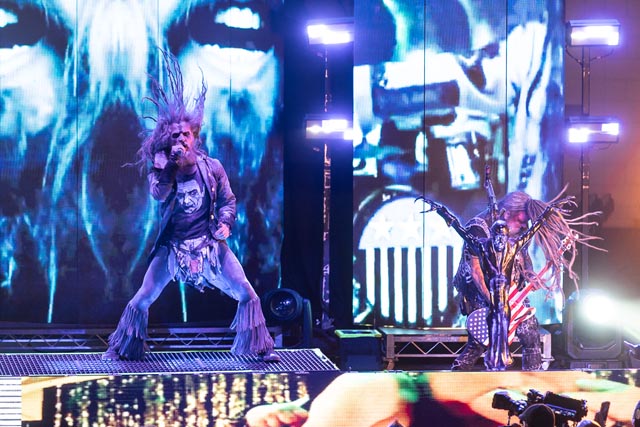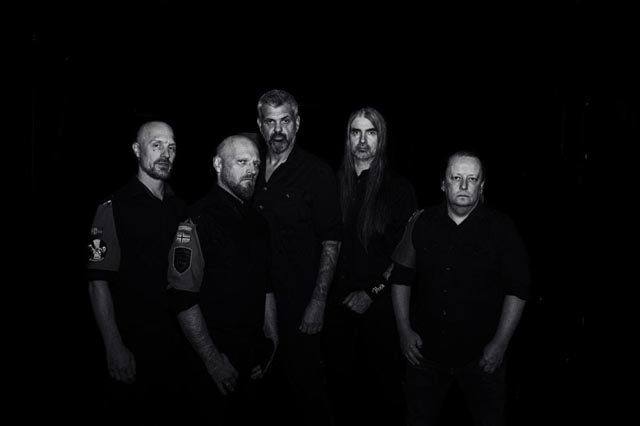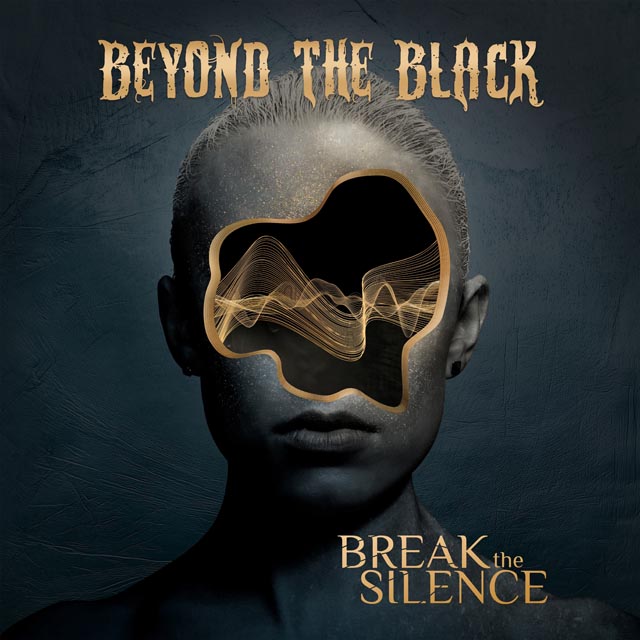Satanic Panic continues to shadow the metal scene well into 2024, with misconceptions about the genre. Pop culture frequently misrepresents metal, as seen in Netflix’s 2021 limited series Crime Scene: The Vanishing at the Cecil Hotel, which painted a black metal musician as a potential suspect in Elisa Lam’s disappearance. These associations are not new: from Metallica’s “Battery” being falsely linked to the Chris Watts case to serial killer Richard Ramirez leaving an AC/DC hat behind, sparking a media frenzy: metal has long been an easy scapegoat.
Despite these stigmas, the genre has had significant moments of mainstream recognition. This summer, Gojira made history with a legendary performance at the Olympics opening ceremony, earning a Grammy nomination. Yet, such an iconic achievement came with backlash. Some viewers decried the performance, fueling yet another satanic panic narrative. Although the performance celebrated French culture and history, featuring references to the French Revolution, some critics overlooked its historical context. The band performed “Ah! Ça Ira,” a revolutionary anthem, against the dramatic backdrop of La Conciergerie, a historical prison where Marie Antoinette was held before her execution. The theatrical elements of the performance, which invoked the spirit of the French Revolution, were overshadowed by misconceptions, with some viewers mistakenly interpreting it as “satanic” rather than a tribute to French heritage.
Now, Kentucky-based hardcore band Knocked Loose are at the center of another made-up controversy. With their most brutal album yet, You Won’t Go Before You’re Supposed To, released earlier this year via Pure Noise Records, the band has gained significant traction. They recently earned a Grammy nomination and delivered a groundbreaking live performance on Jimmy Kimmel Live! featuring special guest Poppy for the song “Suffocate.” Marketed as one of the heaviest performances to be broadcast on live television, the performance was an overall highlight of their Grammy-nominated track.
However, the performance drew mixed reactions. While metalheads celebrated the rare showcase of heavy music on a major platform, Kimmel viewers flooded social media with complaints, describing the performance as too intense and claiming it frightened their children. Critics demanded apologies, with some arguing the segment clashed with the family-friendly tone of the show. In contrast, both fans and musicians defended the appearance as a victory for metal, praising the genre’s presence on mainstream television.
Moments like this are rare. While the ’90s and early 2000s frequently spotlighted metal in soundtracks, live performances, and even TV cameos, like KoRn’s appearance on Monk, recent years have seen metal retreat to the fringes of pop culture. Aside from standout moments like Metallica’s resurgence for younger viewership via Stranger Things’ use of “Master of Puppets,” the genre is often misrepresented or relegated to nostalgia. For instance, in the Bill and Ted film series, the original films (1989’s Excellent Adventure and 1991’s Bogus Journey) were packed with metal references, while the more recent Face the Music noticeably toned them down, reflecting the genre’s shifting place in mainstream culture.
The backlash against Knocked Loose echoes the outrage of past decades when parents balked at finding KISS records in their children’s collections. It’s a reminder of how history repeats itself. While some continue to misunderstand or vilify the genre, countless families worldwide are introducing their kids to rock and metal, proving that metal is a unifying and positive experience.
As heavy music strides back into the spotlight, whether through performances on Live Television or films like Heavier Trip, metal is here to stay. Knocked Loose’s Kimmel appearance may have sparked unnecessary controversy but also reaffirmed metal’s relevance to mainstream ears.



